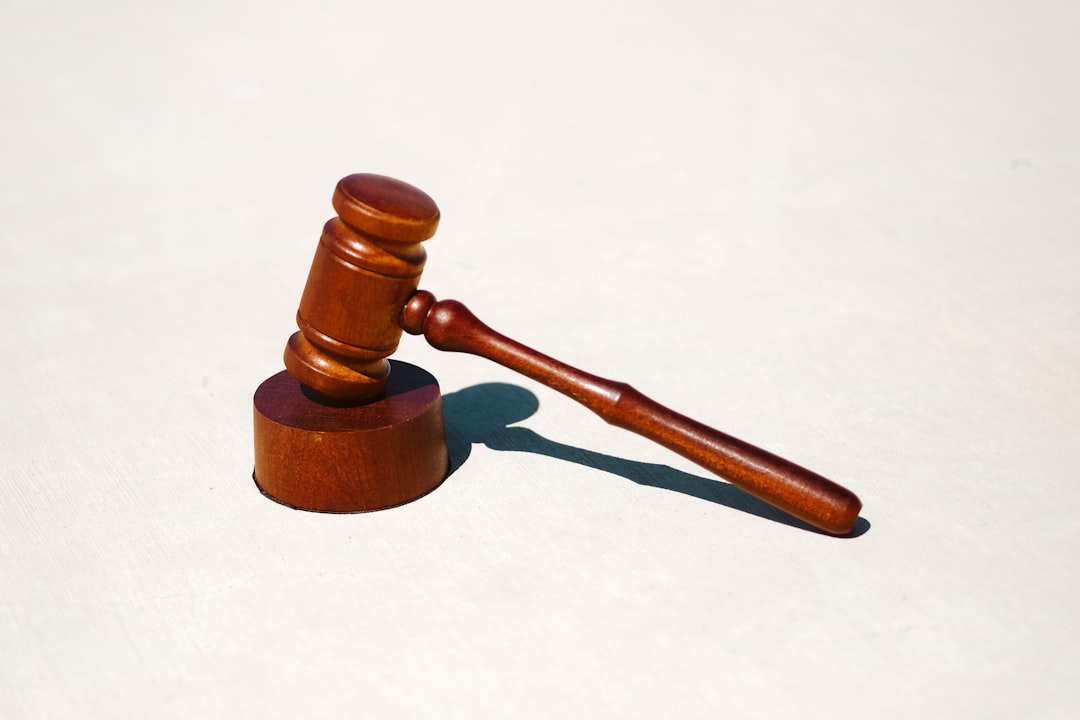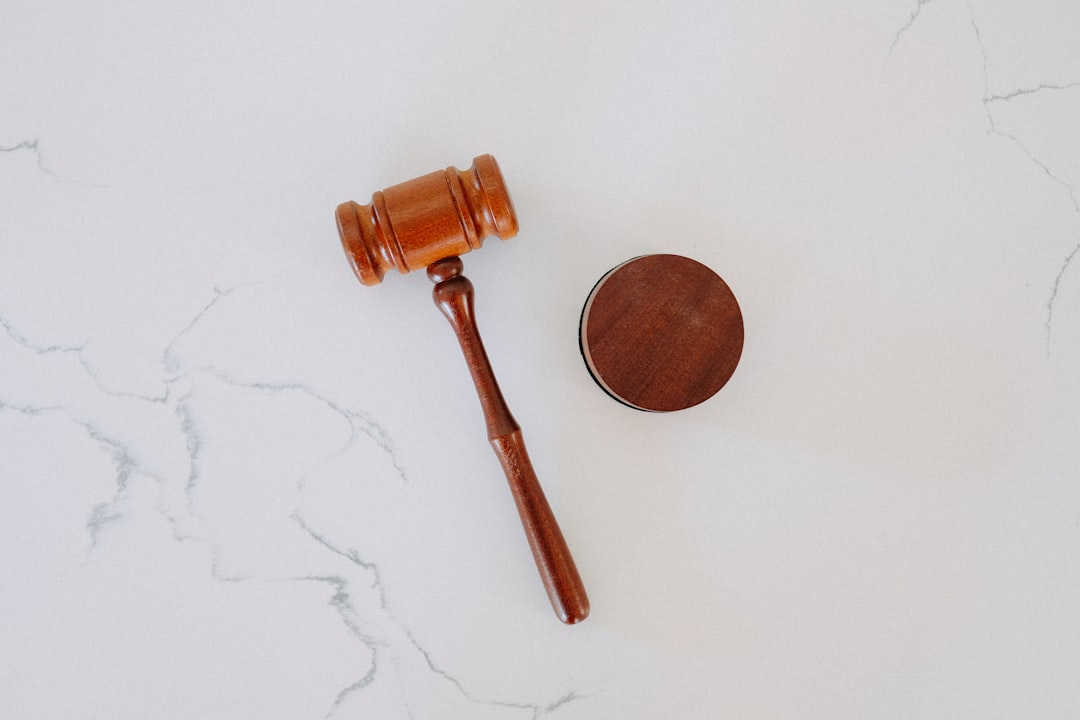In Georgia, consumers are protected by both state law and federal regulations, such as the Fair Debt Collection Practices Act (FDCPA), when interacting with debt collectors. Debtors have the right to validate debts, cease contact through written notice, and take legal action if their rights are violated. A debt collector Attorney Georgia can guide individuals on their rights, ensure fair treatment, and defend against abusive practices, including helping with complaints or litigation. Compliance with these laws is crucial for debt collectors to avoid legal repercussions.
In Georgia, understanding the rules governing debt collectors is crucial for both debtors and creditors. This article serves as a comprehensive guide, exploring Georgia’s stringent debt collection laws designed to protect consumers. From the rights of debtors in the face of aggressive collection tactics to the responsibilities of debt collectors, we delve into the legal framework that governs this sensitive area. Learn about the protections in place for both parties and gain insights from a debt collector attorney in Georgia to ensure your rights are respected throughout the process.
Understanding Georgia's Debt Collection Laws

Understanding Georgia’s Debt Collection Laws
In Georgia, debt collectors must adhere to strict regulations set forth by state law to ensure fair and ethical treatment of consumers. The Fair Debt Collection Practices Act (FDCPA) is a federal law that also applies in Georgia, protecting individuals from abusive, unfair, or deceptive practices by debt collectors. A debt collector Attorney Georgia can provide guidance on these laws and help consumers understand their rights.
Georgia’s debt collection laws aim to balance the interests of creditors seeking to recover debts with the rights of debtors to be treated fairly. Key aspects include restrictions on when and how often debt collectors can contact consumers, requirements for valid notices, and prohibitions against threatening or harassing language. Consumers who believe their rights have been violated can take legal action with the help of a qualified debt collector Attorney Georgia.
Rights of Debtors in Georgia

In Georgia, debtors have several rights protected by state law when dealing with debt collectors. According to the Georgia Legal Aid Society, debt collectors must adhere to strict guidelines, including providing proper identification and verifying the debt before contacting the consumer. Consumers have the right to request validation of the debt, meaning the collector must prove they have the legal right to collect it. Additionally, debt collectors cannot harass or threaten debtors; they must communicate in a polite and professional manner.
Debtors can also request that the debt collection process be ceased by submitting a written notice. This stops further contact from the collector, though it does not waive the debt. If a debtor feels their rights have been violated, they have the option to consult with a debt collector attorney in Georgia to understand their legal options and protect themselves from unfair practices.
Responsibilities of Debt Collectors in the State

In the state of Georgia, debt collectors have specific legal obligations and responsibilities to uphold. These are outlined in the Fair Debt Collection Practices Act (FDCPA), which is designed to protect consumers from abusive or unfair collection practices. A debt collector Attorney in Georgia can help individuals understand their rights under this act.
Debt collectors must provide validation of the debt, inform consumers of their right to dispute it, and refrain from using aggressive or false statements when attempting to collect. They should also respect a consumer’s privacy and property, ensuring they only contact them during reasonable hours and through appropriate means, such as mail or phone calls. Compliance with these regulations is crucial for maintaining ethical collection practices, and any violations can result in legal repercussions.
Legal Actions and Protections for Both Parties

In Georgia, both debt collectors and individuals owe it to each other to adhere to legal boundaries. Debt collectors must comply with the Fair Debt Collection Practices Act (FDCPA) as well as Georgia-specific laws, such as the Georgia Fair Business Practices Act (GFBPA). These regulations protect consumers from aggressive or unfair tactics, including harassment, deception, and excessive contact. They also ensure that debt collectors provide accurate information and allow consumers to dispute their debts.
If a debt collector violates these rules, an individual has legal recourse. A debt collector Attorney in Georgia can help individuals understand their rights and take appropriate action, such as filing a complaint with the Consumer Financial Protection Bureau (CFPB) or seeking damages through litigation. Similarly, if an individual fails to repay a debt as agreed upon, they may face legal consequences, but there are protections in place to ensure fair treatment throughout the process.






